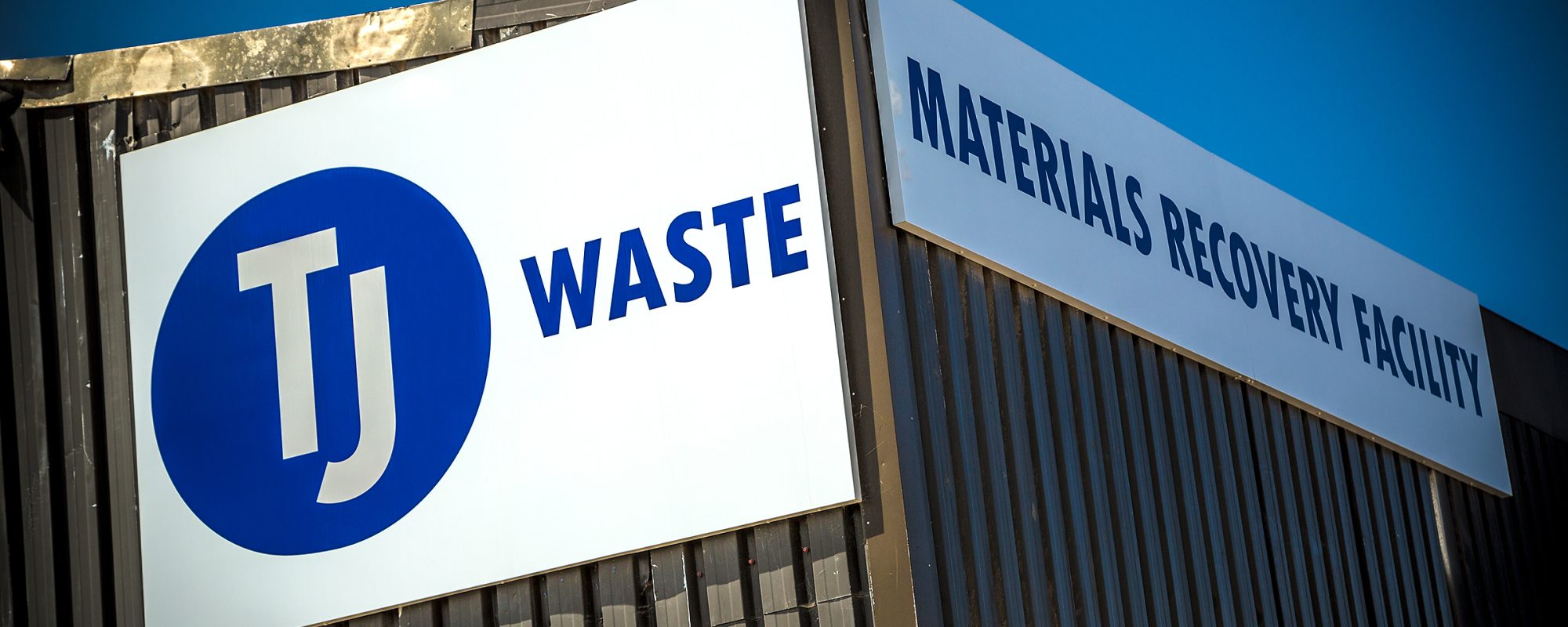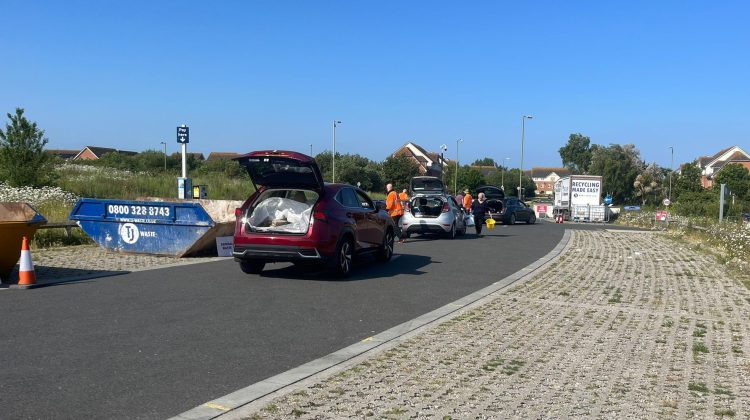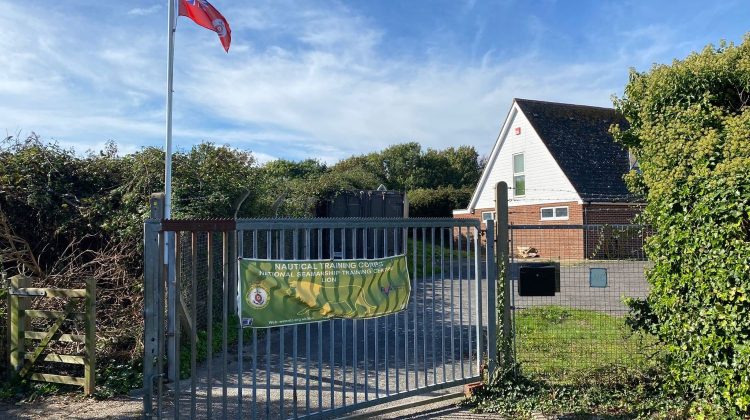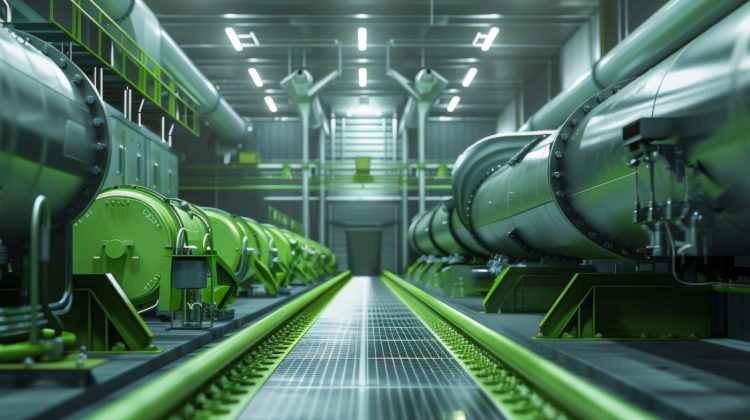Change your stored postcode to update prices for your location.

In 2019, TJ Waste received and processed over 100,000 tonnes of waste through their network of materials recovery facilities in Hampshire and West Sussex, which is a record achievement.
TJ are now looking to the year ahead and getting plans in place to deal with the opportunities and challenges that will be faced as an industry amidst the current political and economic change. The uncertainties around the impact of the UK’s exit from the EU, the current course of changes in foreign policy in addition to economic pressures will undoubtedly change the UK waste industry in the imminent future.
One big change to come in 2020 is the Dutch tax on imported Refuse Derived Fuel (RDF) that is being introduced. Tax proposals were announced by the Dutch government last year, with the goal of reducing the CO2 emissions associated with waste management. An RDF import tax of €32 per tonne will come in from 1 April 2020. This is an increase of 28% on the average cost per tonne of RDF and is a direct cost that will have to be passed to the waste producer. The Netherlands receives about half of all UK RDF exports so there will be a huge cost implication for the UK waste industry.
Energy from waste (EfW) is a term used to represent the final treatment process of recovering energy from waste, mainly through incineration of refuse derived fuel (RDF). As an alternative to landfill, the use of energy recovery has increased by 375% from 2014 to 2016 in the UK. This landfill diversion activity supports the government’s 2025 Revised Waste Framework Directive, which effectively bans recyclable material from going to landfill, whilst also supporting the growing awareness amongst our customers to improve sustainability and become more socially responsible.
However, during the same period, the use of recycling and other recovery has only increased by 6.2% in England, largely due to the depressed commodity markets which incentivises recycling. To maintain the UK’s appetite for EfW, it is reported that approximately 14% of the UK’s annual RDF is destined for export, with some sources suggesting upwards of 40% of RDF exported in peak months. With uncertainty around the UK’s ability and the cost implications to industry operators to export, there is concern as to where and how the UK will process its RDF as the UK’s current EfW capacity cannot absorb all the RDF material that might be diverted from export.
TJ Waste is in the conceptual stages of developing a turnkey waste processing facility which will combine cutting-edge technology with our in-house processes to recover resources from a range of waste types and sources.
The potential incorporation of final treatment technologies such as pyrolysis, anaerobic digestion and biomass will add value for our customers, create further jobs, reduce the need for transporting segregated waste by road and, most importantly, reduce the reliance on conventional energy recovery through waste incineration. Nonetheless, this is unlikely to provide a short-term solution to combat the imminent changes within our industry.
TJ is working hard to ensure the risk that change presents can be lessened, whilst also seizing opportunities to enhance our capabilities and service value. As we navigate the changes ahead, we will continue to prioritise customer needs by committing ourselves to the continuous delivery of a first-class service based on innovative solutions.
Find out more about TJ Waste, the impact Brexit could have on the waste industry and the services TJ offers…




Change your stored postcode to update prices for your location.